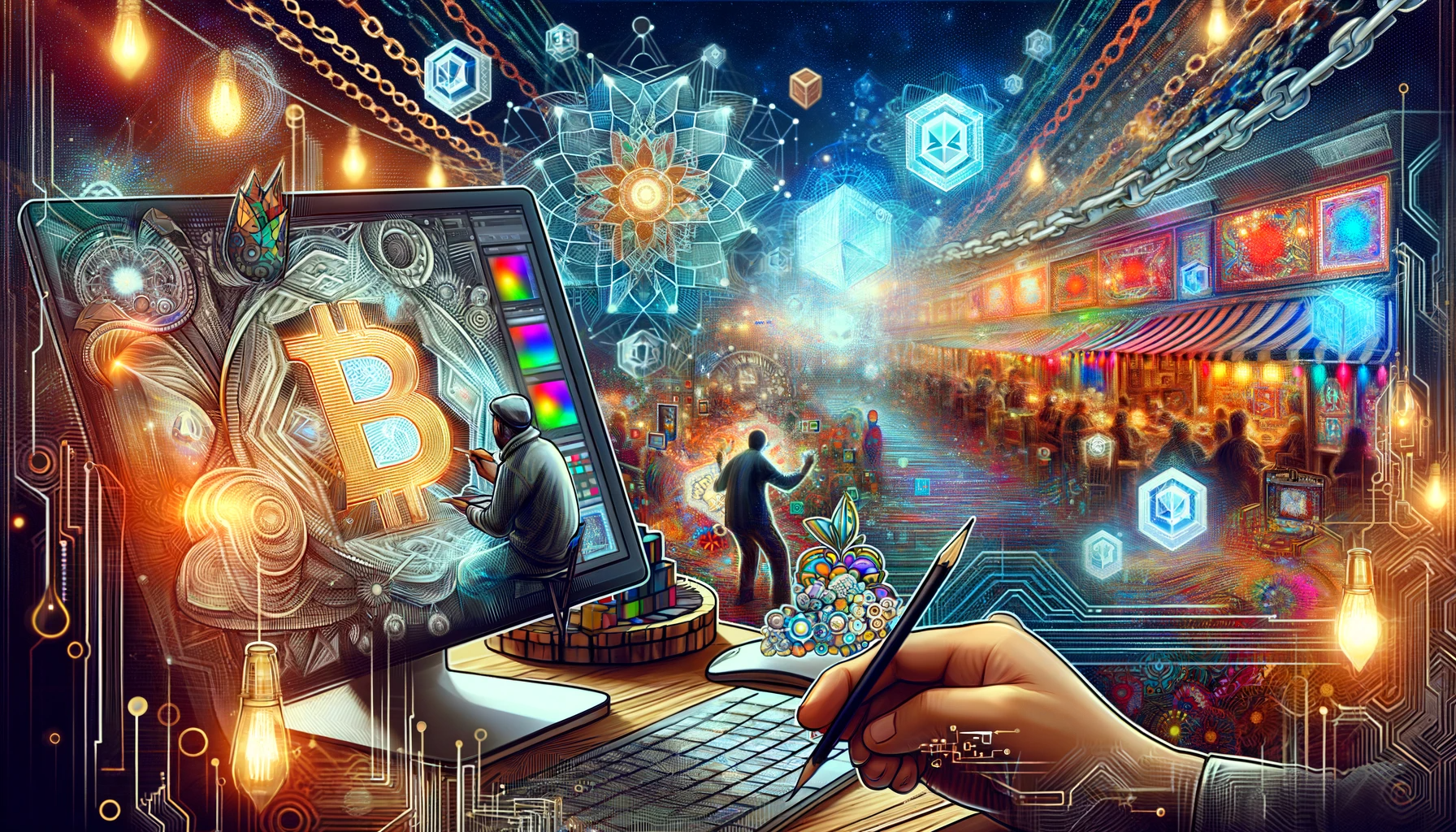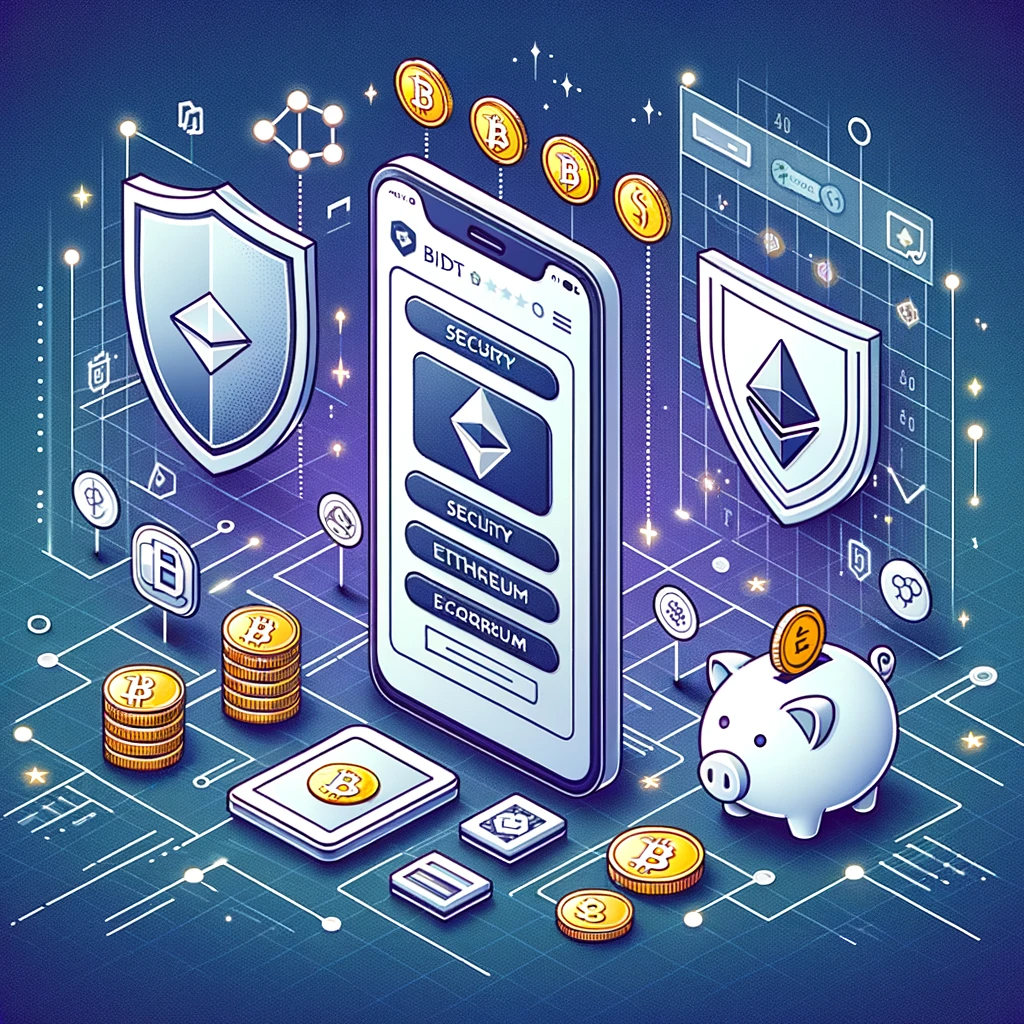
Mastering NFT Creation and Sales: A Guide for Experienced Blockchain Enthusiasts
Introduction
In the dynamic realm of Non-Fungible Tokens (NFTs), the art of creation and sale goes far beyond basic knowledge. This guide is tailored for those who are already acquainted with the blockchain and cryptocurrency landscape and are looking to deepen their expertise in the NFT sector.
1. Advanced NFT Creation: Beyond the Basics
Understanding Smart Contracts: The heart of any NFT is its smart contract. For experts, delving into the intricacies of smart contract programming is crucial. Familiarize yourself with Solidity or other blockchain programming languages to create unique and complex functionalities for your NFTs.
Art and Design Considerations: While the technical side is crucial, the artistic aspect cannot be overlooked. Collaborate with artists or use advanced graphic design tools to ensure your NFTs stand out. Consider how your design appeals to a specific audience and how it communicates the story or value you want to portray.
Incorporating Metadata: Advanced NFTs often include rich metadata. Think about adding attributes that provide additional value, like unlockable content, ownership history, or provenance data.
2. Choosing the Right Blockchain and Marketplace
Evaluating Blockchain Platforms: Not all blockchains are equal when it comes to NFTs. Ethereum is the most popular, but others like Binance Smart Chain, Flow, or Tezos offer different benefits in terms of transaction speed and cost. Analyze your target audience and the specific features of each blockchain.
Selecting a Marketplace: Your choice of marketplace can significantly impact your success. Consider platforms like OpenSea, Rarible, or Foundation, but also look into niche marketplaces that cater to specific types of NFTs.
3. Pricing Strategies and Intellectual Property Considerations
Dynamic Pricing Models: Understand the market trends and price your NFTs accordingly. Consider using dynamic pricing models that change based on demand, rarity, or other factors.
Intellectual Property Rights: Ensure you have the rights to the content you're tokenizing. This is especially important for collaborative works or when using existing intellectual properties.
4. Marketing and Community Engagement
Building a Brand: Develop a strong personal or project brand. This can significantly increase the perceived value of your NFTs.
Leveraging Social Media and Communities: Use platforms like Twitter, Discord, and Reddit to engage with potential buyers and the NFT community. Tailor your marketing strategies to these platforms for maximum impact.
Collaborations and Partnerships: Partner with other creators, influencers, or brands to tap into new audiences and add credibility to your work.
5. Legal and Ethical Considerations
Navigating Legalities: Be aware of the legal implications of NFT creation and sales, including tax obligations and copyright laws.
Ethical Practices: Ensure transparency and fairness in your transactions. Consider the environmental impact of your NFTs and explore eco-friendly blockchain options.
Conclusion
As an experienced individual in the blockchain sphere, diving into NFT creation and sales requires a blend of technical knowledge, artistic flair, and strategic thinking. By mastering these aspects, you can position yourself at the forefront of the NFT revolution.




